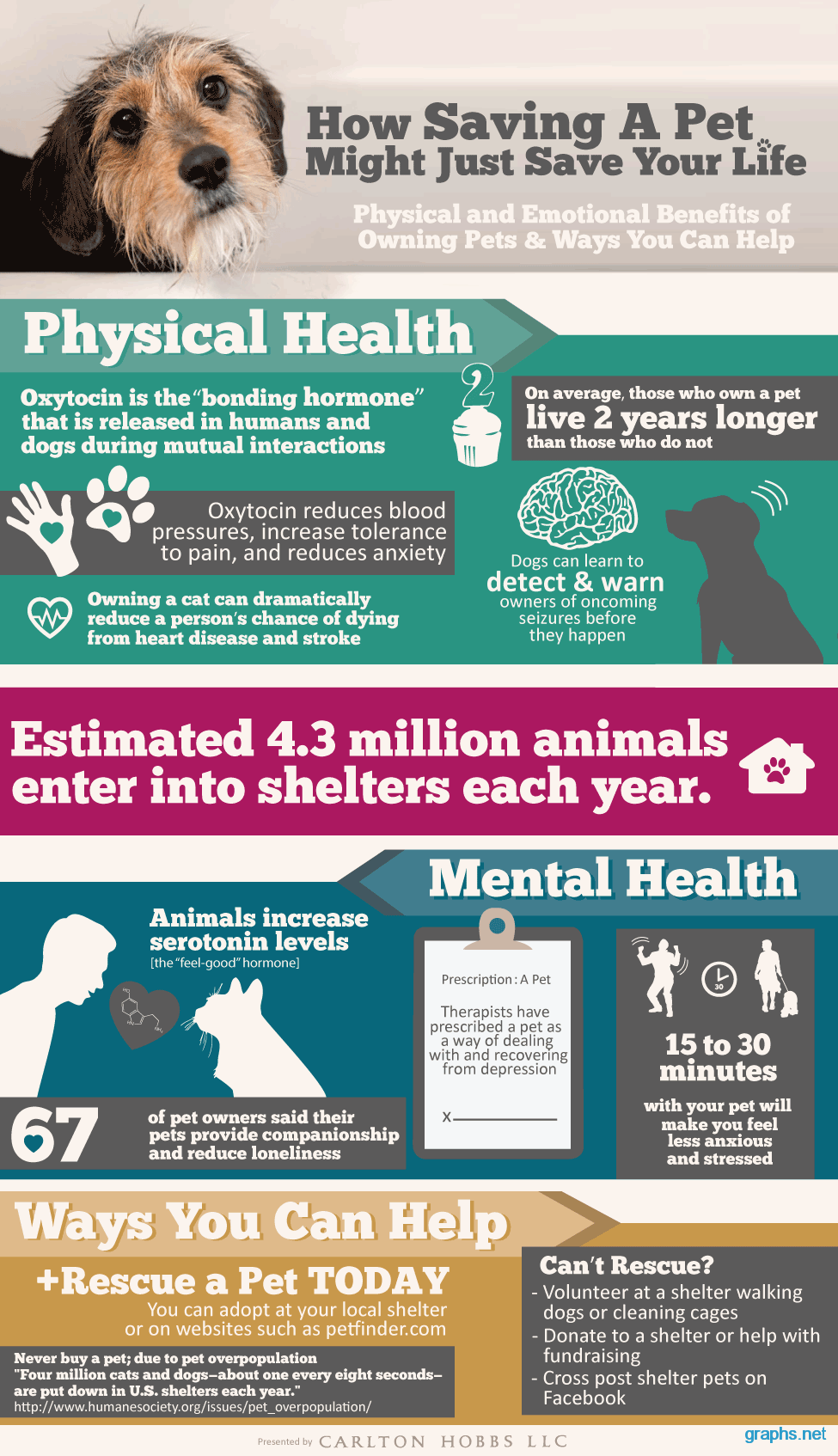How Dog Daycare Can Improve Your Dog’s Behavior And Social Skills
How Dog Daycare Can Improve Your Dog’s Behavior And Social Skills
Blog Article
Can Pet Dog Day Care Cause Ailment?
Possibilities are that if your dog is consistently subjected to other dogs, even if they're effectively immunized, they may come home with some sort of disease. Vaccinations, normal veterinary checkups, and great hygiene techniques can lessen risk variables for infection and illness.
Worried or nervous pet dogs can create stomach troubles and various other wellness concerns that are conveniently spread out in between pets. Developing age limitations and behavior policies can aid make sure that just healthy and balanced pet dogs enter your center.
Distemper
Canine distemper is a severe and commonly deadly infection that assaults a pet dog's breathing, digestion, skin and body immune systems. Young puppies are particularly vulnerable and can contract the disease through direct contact with an infected pet or via the air-borne transmission of infection bits released during coughing, sneezing or breathing.
The incubation duration for canine distemper is in between 3 and 7 days. While pups at daycare might seem to catch parvo from an additional contaminated pet dog, it's unlikely since the incubation duration is so brief.
While there is no treatment for canine distemper, helpful care can help pets recuperate. This includes fluids, anti-biotics and drugs to manage seizures. The Drake Center for Vet Treatment notes that signs include runny eyes and nose, looseness of the bowels, vomiting, loss of appetite and neurological troubles such as twitching and shakes. Young puppies need a full inoculation collection and yearly boosters to shield them versus this disease, which is why reliable doggie childcare centers require current vaccinations.
Kennel Cough
Kennel Coughing (Dog Infectious Tracheobronchitis) is a highly transmittable upper respiratory problem caused by microorganisms and infections. It spreads via airborne droplets from a coughing or sneeze, direct contact, and sharing of infected items such as playthings or water bowls. It is native in places where several pet dogs are housed close together, such as kennels, dog parks, brushing beauty parlors and shows. A number of vaccines are readily available to secure against the virus that trigger kennel cough, and correct hygiene techniques can assist protect against infection.
The traditional symptom is a completely dry, hacking cough comparable to that of a goose honk, and many dogs recuperate with little intervention. Nevertheless, severe situations can lead to pneumonia, and pups or canines with pre-existing illness go to higher danger for problems. To quicken recovery, make use of a harness instead of a collar while your pet is recuperating to stay clear of inflammation to the windpipe. A humidifier may likewise help to dampen the air and prevent completely dry coughing.
Parvovirus
Parvovirus (CPV) is a major condition in canines. It is similar to feline panleukopenia (feline distemper), however it's far more lethal and can spread swiftly among pet dogs due to its very resilient nature.
This infection attacks the intestinal tract lining of a pet dog, destroying it and triggering microorganisms to slough off right into the bloodstream. The damaged immune system and frustrating bacteria result in septic shock, dog daycares near me which is usually fatal.
The good news is, veterinary health centers provide reliable treatment for parvovirus. These medicines are offered directly right into a patient's blood stream and targeted in the direction of the specific pressure of parvovirus. This treatment technique is very effective and assists re-train the immune system to combat off the infection. Pets with severe signs are often hospitalized for a number of days for surveillance and intensive care to guarantee their survival. Puppies, unvaccinated canines and pet dogs with weak immune systems are especially prone to parvovirus. This is especially true for young puppies birthed to stray moms and sanctuary environments, where they are subjected to lots of various other ill and at risk canines.
Pooch Influenza
Dog flu (CIV) is an infectious respiratory system disease that can be triggered by dogs sharing polluted surface areas or direct contact with breathing secretions. CIV spreads conveniently in environments where there are high varieties of pets, such as canine parks, childcares, grooming centers and vet clinics.
Contaminated dogs dropped the infection with aerosol respiratory system droplets when coughing or sneezing, and might contaminate items they come into contact with like cages, toys, food bowls, chains and the hands and clothes of individuals who handle them. Pet dogs can also be "quiet service providers" spreading the infection without showing any type of signs and symptoms themselves.
Symptoms of canine flu consist of nasal and eye discharge, coughing, high temperature, loss of appetite, and weak point. The infection can proceed to pneumonia, which can be fatal in some pet dogs. PCR viral screening is available for verification of infection. Preferably, samples (typically deep nasal or pharyngeal swabs) for PCR screening should be collected within 4 days of the start of clinical indications.